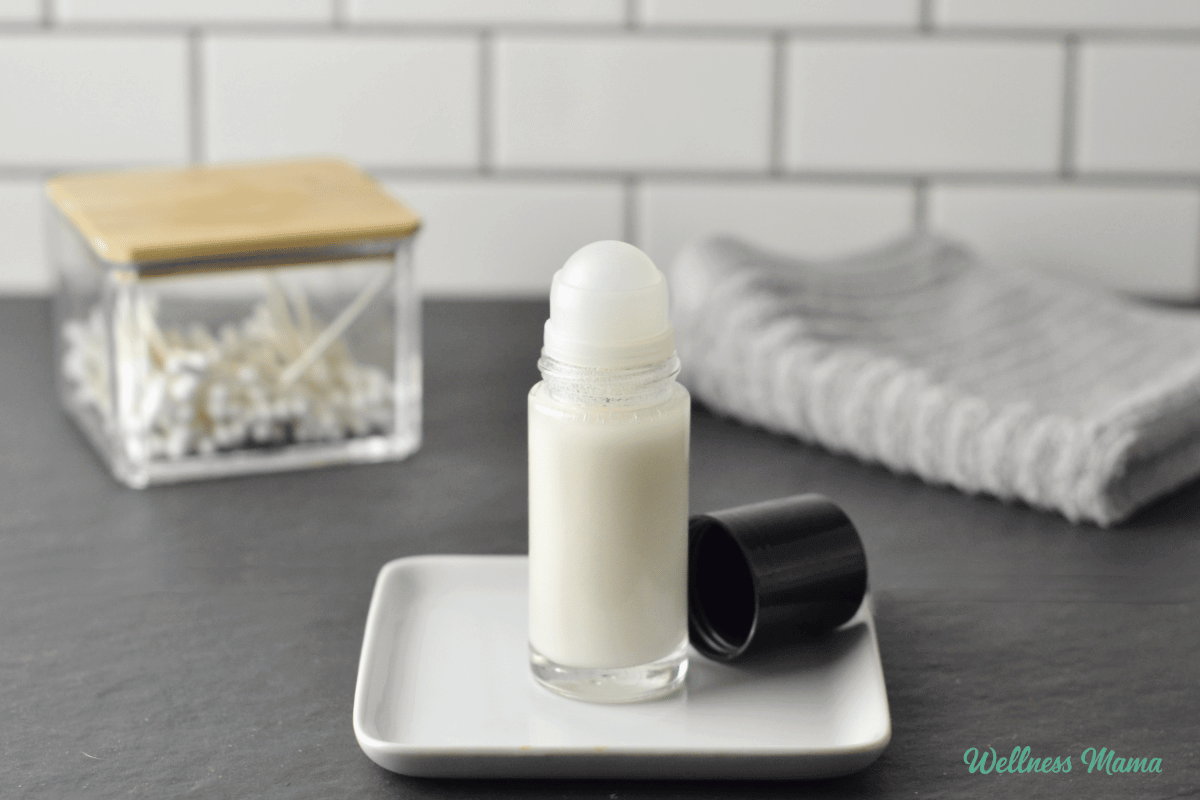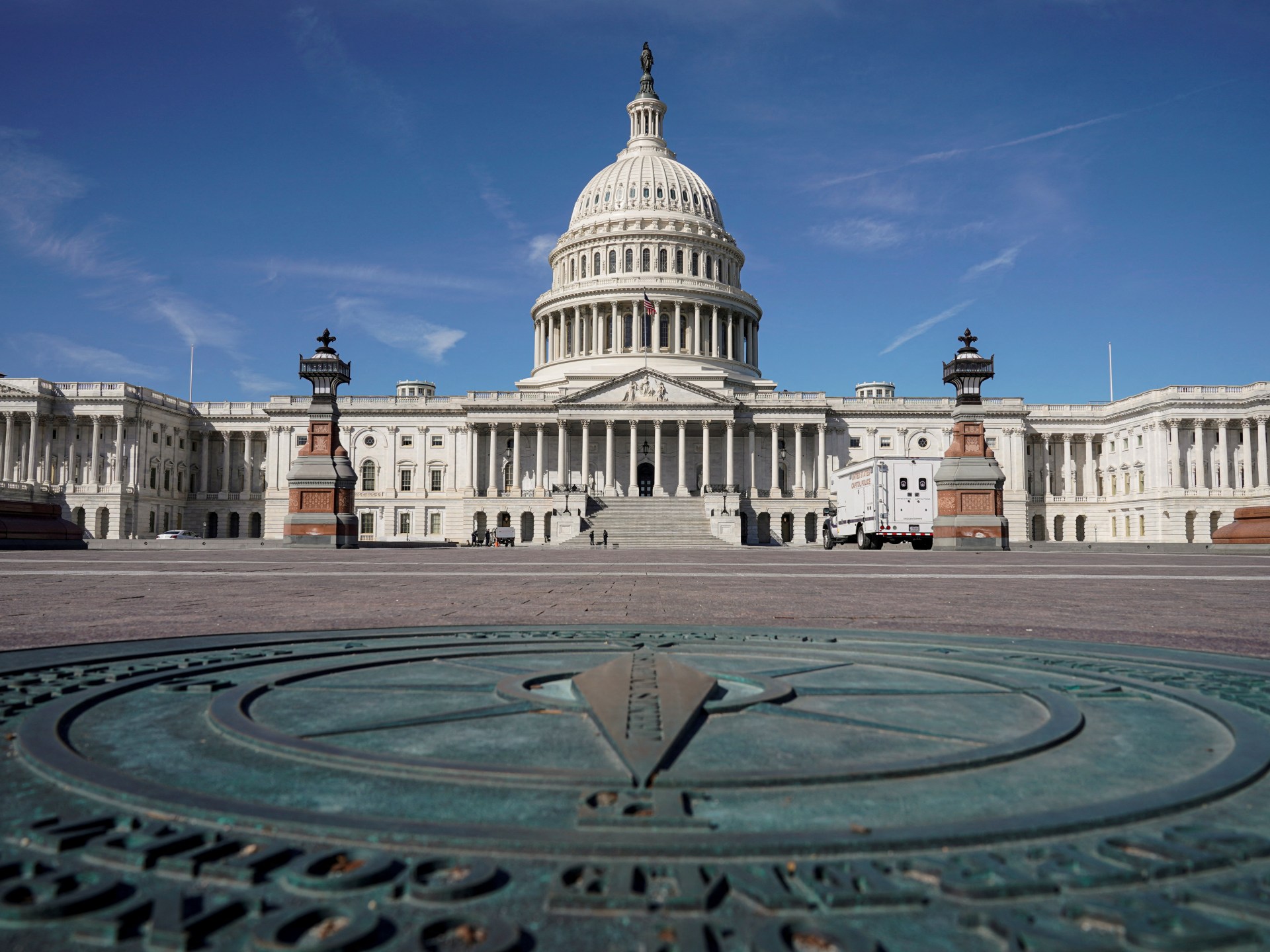In August 2021, as the Delta variant surged and the threat of hurricanes loomed, President Biden urged people to get their COVID-19 vaccines in case they had to evacuate to a crowded shelter or stay with others indoors. This week, as Hurricane Ian barreled towards Florida as a Category 4 storm, Biden’s remarks resurfaced, mischaracterized as advice for how to literally protect oneself from a hurricane.
But even though a vaccine (obviously) won’t prevent hurricane-related injuries, it’s still smart to take preventive health measures against COVID-19 in the face of a natural disaster like a hurricane. Preemptively protecting health allows people to focus on dealing with the more immediate impacts of the storm. If large numbers of people have to shelter together, vaccines will help slow the spread of infections. Vaccines and boosters also help keep people out of the hospital, freeing up capacity for health care services to take care of anyone hurt during a storm.
Only time will make clear the health impacts in Florida post-Ian. But ahead of the storm, few people in the state had received the latest bivalent booster. And as of noon Thursday, more than 1,200 patients were being evacuated from hospitals across the Fort Myers region, reports the Weather Channel.
Some research already exists about how recent hurricanes worsened people’s health during the pandemic. Power outages during a storm have been shown to be deadly for patients. When Hurricane Ida hit Louisiana and Mississippi last year, medical centers there were filled with people hospitalized due to COVID-19, many of whom were in intensive care units. Damage from the storm and power outages forced evacuations from health care facilities in both states—a “precarious” task, given that COVID-19 patients rely on mechanical ventilation or oxygen, wrote the authors of one 2022 study published in the Lancet Regional Health—Americas. The desire to limit further spread of the virus added yet another layer of difficulties.
According to the same study, both Louisiana and Mississippi had among the lowest vaccination rates in the nation when Ida hit. Poor uptake of public-health measures, like low COVID-19 vaccination rates, can make it challenging to determine the best safety guidelines; gathering in shelters protects people from storms but increases the risk of contracting COVID-19, for example. In the past, many people were apprehensive about seeking shelter for fear of getting the virus, thereby putting them at greater risk from the storm. Before COVID-19 vaccines were available, a June 2020 survey of more than 7,000 Florida residents found that 73% of respondents believed that the risks of contracting COVID-19 at a shelter were greater than those posed by a hurricane. Just over half strongly agreed they’d prefer to shelter in place.
Neither the 2020 or 2021 hurricane seasons, however, saw large COVID-19 spikes after storms hit, according to the Lancet report. This could be in part because there was less routine testing of affected areas following storms. Both major hurricanes—Laura in 2020 and Ida in 2021—also made landfall at a time when case numbers were declining. Mask mandates and social distancing were also in place at the time; they’re not now.
Beyond the immediate impacts, living through a pandemic and a natural disaster at the same time can have long-term effects—and marginalized communities experience these disproportionately. A multi-year survey in Texas led by the Children’s Environmental Health Initiative, in collaboration with Rice University and the Environmental Defense Fund, found that people who suffered the worst economic and mental-health impacts after Hurricane Harvey hit in 2017 were four times more likely to experience income loss during the pandemic, and five times more likely to suffer severe anxiety because of the pandemic, than people who weren’t as badly hit by the storm.
People affected by pandemic-era hurricanes—including Ian—are already starting from an unlucky baseline. The Lancet study notes that people’s physical and mental health were already worsened by the pandemic when Ida hit and were “likely exacerbated by the devastating shock of Hurricane Ida.” Higher rates of mental health disorders, plus the potential for COVID-19 illness and life-altering hurricane destruction, make it obvious why shoring up preventive health measures during hurricane season is a good idea.
More Must-Read Stories From TIME







:max_bytes(150000):strip_icc()/Health-GettyImages-2157240146-6d350f5c79e94983ae7017fdd10ec9c3.jpg)







